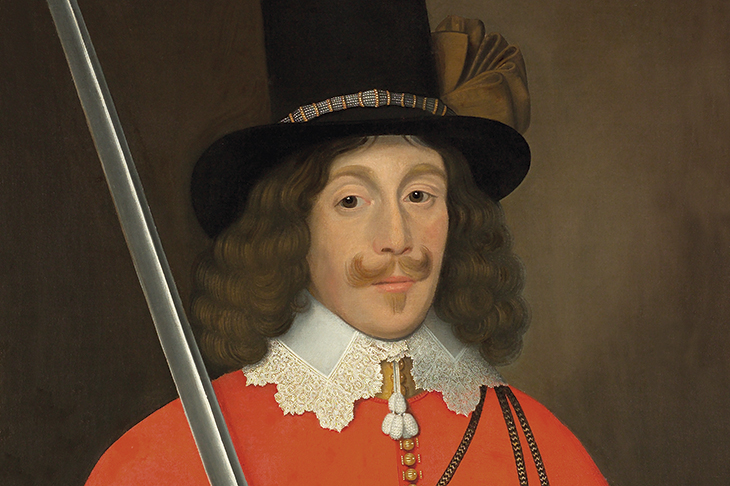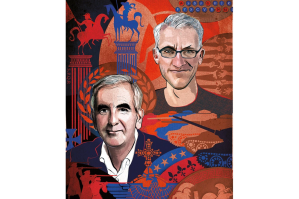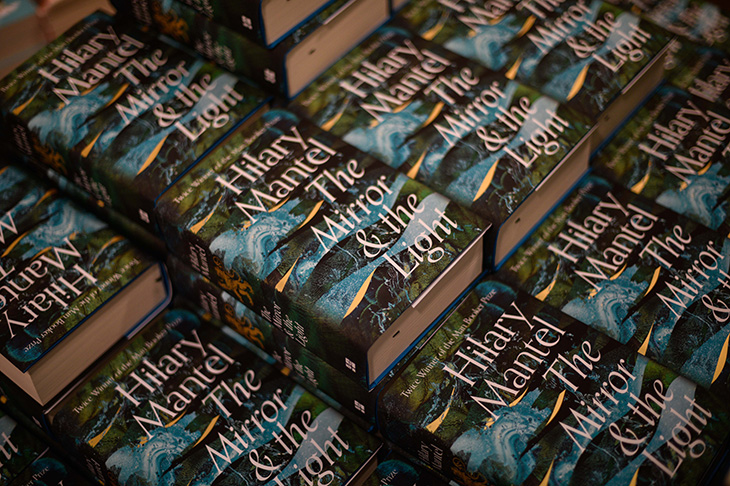‘Puritan’ is a term of abuse, and we tend to use it to refer to such figures as the nightmarishly moralistic, sour-faced women who force Hester Prynne to be emblazoned with the Scarlet Letter in Nathaniel Hawthorne’s novel. But David D. Hall, doyen of 17th-century puritanism, goes deeper than this. His history is not so much one of ranters as of honest men and women trying to get right the most fundamental things of all: the human relationship with God, and hence the right way to be living and the right sort of society to be ordering. It is these basic questions, as he shows over and over again, which determined the pattern of the Puritans’ behavior in the early stages of the Reformation, in Scotland and in England. Then, as they drew away from, or were driven out of, the Church of England, in their subsequent life as British nonconformists or as Americans.
To know what it was like to be a 17th-century Puritan, you could hardly do better than read Memoirs of the Life of Colonel Hutchinson by his widow Lucy. As Hall points out, in the 1640s, the Hutchinsons hesitated to use the label. Their experience of the Civil War, and the colonel’s imprisonment after the Restoration, changed all that. Lucy described men like her husband as ‘zealous for God’s glory and worship’, unable to
‘endure blasphemous oaths, ribald conversation, profane scoffs, Sabbath-breaking, derision of the word of God and the like. Whoever could endure a sermon, modest habit or conversation, or anything good — all these were Puritans.’
Similarly, the chief incentive for John Brock — one of the godly who crossed the Atlantic in the 1640s to escape the evil of the ‘idolatrous worship and ceremonies of the Church of England’ — was his love for ‘the Saints that were called Puritans’.
The modern secular reader might think of them as killjoys or bores. Hall dispels this feeling. His account of the Calvinists reminded me of C.S. Lewis’s English Literature in the Sixteenth Century, which depicted Calvin as ‘dazzling’ — ‘a man born to be the idol of revolutionary intellectuals’. Hall, like Lewis, reawakens in the reader the intense excitement of the men and women who wanted to finish the Reformation. He makes you see how thrilling the theology was for them.
Calvin believed in predestination. Grace was to be poured out on the few, the elect. Those who tried to save themselves by good works, and those, such as the Arminians (after Jacobus Arminius, a Dutch theologian, 1560–1609), who believed that salvation was available to all, could be fervently dismissed. Lewis was right to see the appeal of all this sort of intolerant talk to the passionate young, especially to the Scottish young.
Hall does not make me like the Puritans much, but he does help me to see what made them tick, and to recognize the heroism of the ‘Saints’ who set out for New England. The fate of William Prynne, having his ears cut off at the behest of Archbishop Laud and the Star Chamber, and the letters SL (‘Seditious Libeler’) branded on his forehead, will flicker uneasily across the minds of those who read this book when they next settle down to listen to a sublime broadcast of choral evensong on the radio.
Hall, who knows more about the by-ways of Protestant thought in the 17th century than anyone alive, is very good at explaining where the epithet ‘Puritan’ is or is not appropriate. John Milton, for example, was not a Puritan. The Anabaptists were not Puritans. The ideas of the Puritans about personal salvation were of a piece with their desire for church polity and political structure. They were not anarchists in the least: hence their preparedness to fight a civil war in Britain, and to establish cities and states in America, based on their theology. It is possible to trace, as Hall does in his final chapter, the ways in which the Puritans both did and did not influence the subsequent developments of American ideas of liberty.
This austere, impressive book would not gladden anyone’s Christmas, but I felt edified reading it, even at those moments which reminded me why puritanism, both in its authentic 17th-century forms and in its modern equivalents, will always repel me.
This article was originally published in The Spectator’s UK magazine. Subscribe to the US edition here.



















